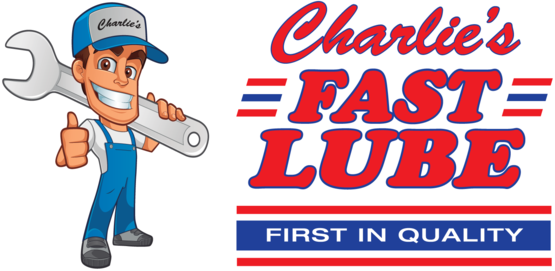Positive Crankcase Ventilation ? PCV Valve Service at Charlie's Fast Lube Jackson
January 12, 2020
Hello Jackson! Did you know that the first federally-mandated emissions control device was introduced in the 1960's? The Positive Crankcase Ventilation valve, or PCV valve, has been installed in Missouri vehicles since 1964 and represents the first legislation by the United States government to regulate harmful emissions as well as to improve performance in the country's vehicles.
The PCV valve, as you can probably guess, is located on the crankcase. The crankcase is the lowest part of a vehicle's engine. It houses the crankshaft and the engine oil. The crankshaft connects to the pistons that power the engine.
Pistons are pushed down when fuel is burned in an engine. This causes the crankshaft to rotate, which sends power to the transmission. It ultimately turns the axles and causes the vehicle to move. Some of the gases released by the burning fuel squeeze around the pistons and down into the crankcase.
If the escaped gases mix with the engine oil in the crankcase, oil sludge develops. This sludge has the consistency of petroleum jelly and can cause damage by clogging up passageways in the engine. Further, escaped gases can build up pressure inside the crankcase that can blow out seals and gaskets.
Before 1964, a hose was attached to the crankcase that vented escaped gases out into the air. These gases contained about 70% unburned fuel as well as harmful emissions. The PCV valve was designed to curb these harmful emissions as well as recapture unburned fuel.
The PCV valve is a small, one-way valve that allows escaped gases to exit the crankcase. The gases are then routed into the intake system so they can be re-burned in the engine. Fresh air enters the crankcase through a breather tube to facilitate this circulation and keep the air in the crankcase clean.
The PCV valve, like most working parts on a vehicle, will wear out over time. Usually it simply gets gummed up. Preventive maintenance, including routine oil changes at Charlie's Fast Lube Jackson in Jackson, will extend the life of the valve, but eventually it will have to be replaced. A sticking PCV valve won't allow gases to circulate properly, which can increase pressure in the crankcase. Over time, that pressure will lead to oil leaks.
Your vehicle manufacturer recommends that a PCV valve be replaced every 20,000 to 50,000 miles (32,000 to 80,000 kilometers), depending on the vehicle and Jackson driving conditions. It's an inexpensive repair but may not be included in the maintenance schedule in your owner's manual. So if you're looking for auto advice about the PCV valve, you may have to ask our pros at Charlie's Fast Lube Jackson.
Taking care of our PCV valve protects the environment in Missouri and improves vehicle performance. It's just part of good vehicle care for Jackson drivers and a way all of us can do our part to improve the world we live in.
Charlie's Fast Lube Jackson
1901 E. Jackson Blvd.
Jackson, Missouri 63755
575-243-2226
http://www.charliesfastlubejackson.com
Need Service?
More articles from Charlie's Fast Lube Jackson

Charlie's Fast Lube Jackson Advice on What to Pour into Your Vehicle
April 13, 2025
Changes in vehicle design and manufacture have resulted in changed fluid requirements for our vehicles. With the sophistication of engines, transmissions, differentials, etc., it's best for Jackson residents to always use the proper type of fluid for their vehicle. Using incorrect fluids can act... More

Low Power Mystery (Ignition Coil Service)
April 6, 2025
It's no fun when your vehicle just doesn't run the way it used to. You may notice (especially in cold weather) the engine won't start easily or when it does start, it doesn't run smoothly. It may not have much power at all. You also may have had to stop at the gas station more often, a sign you... More

Feeling Powerless (Why Is My Battery Light On?)
March 30, 2025
When one of your vehicles warning lights comes on, the first thing that comes to mind is, Oh, no, whats wrong now? When its the battery light, it means theres something wrong with your vehicles battery or charging system. And because both are important for your vehicle to work properly, its a go... More










